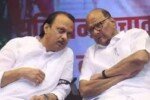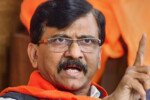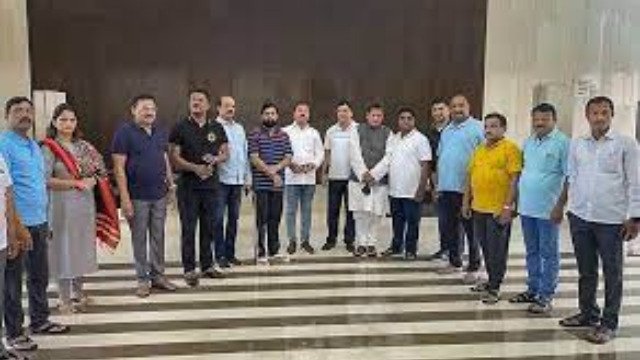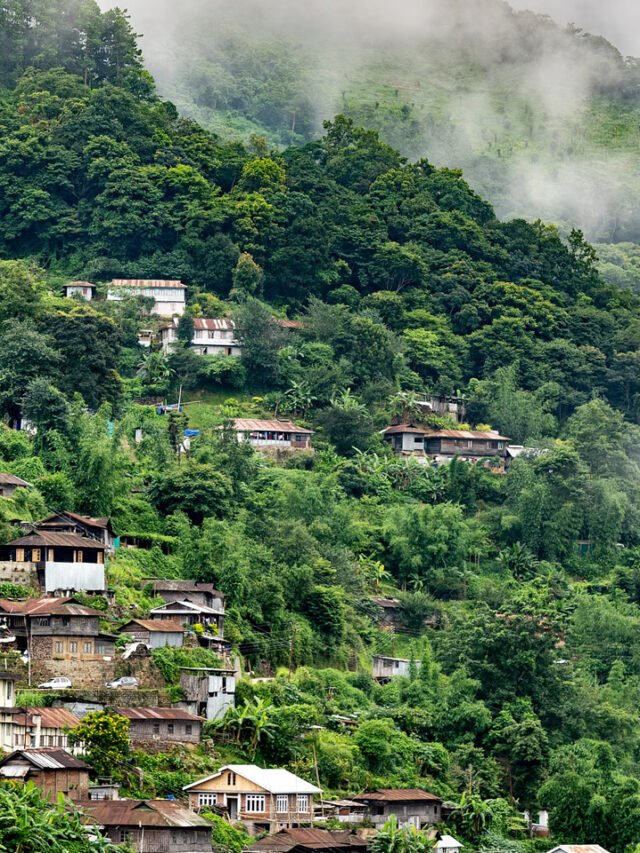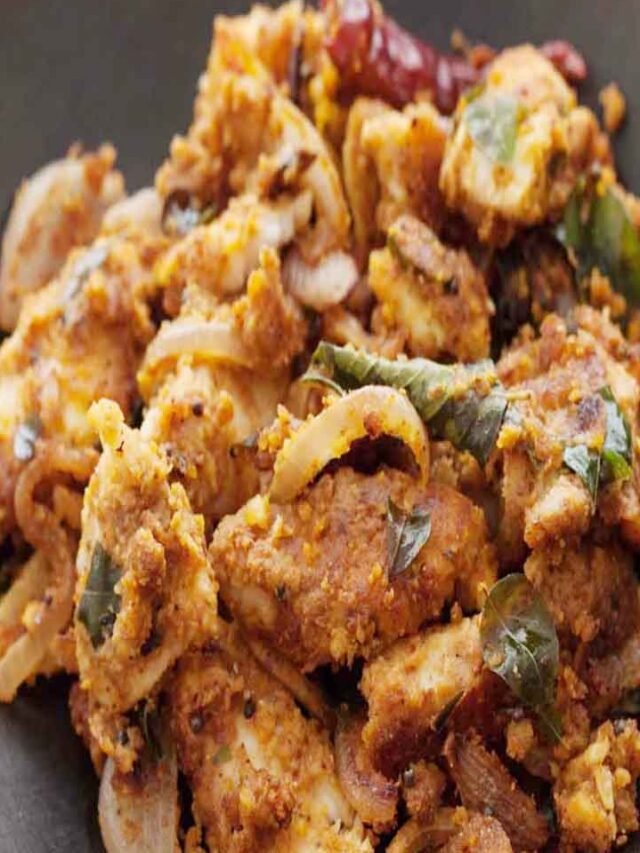New Delhi, Jul 27 (PTI) Opposition parties will hold the next meeting of their 26-member INDIA coalition in Mumbai on August 25 and 26, sources said on Thursday.
The third meeting of the bloc will be hosted jointly by the Shiv Sena (UBT) and the NCP’s Sharad Pawar faction, with support from the Congress, they said.
This is the first time that the opposition meeting will be held in a state where no member of the INDIA bloc is in power.
While the first meeting of opposition parties was hosted by Bihar chief minister Nitish Kumar’s JD(U) in Patna, the second was held in Bengaluru and hosted by the Congress.
The Mumbai Summit — as it is being called by INDIA bloc parties — is significant as discussions regarding seat sharing are expected to be taken up.
The sources said an 11-member coordination committee has already been finalised. It will have one member each from the Congress, TMC, DMK, AAP, JD(U), RJD, Shiv Sena (UBT), NCP, Jharkhand Mukti Morcha, Samajwadi Party and the CPI(M). The other smaller parties in the coalition will not get a berth in the committee.
The coalition is also likely to announce the composition of committees for communication, 2024 general election campaign and another panel to coordinate joint protests and rallies in the run-up to the polls.
A joint secretariat for better coordination among the parties will also be announced soon, the sources said.
During the meeting, the parties are expected to iron out their differences as much as possible, especially in states where they are in a direct poll battle.
Resolving the leadership issue in their alliance is among the several challenges before the bloc.
The differences among parties such as the Congress and the Left in Kerala, the Left and TMC in West Bengal, the AAP and the Congress in Punjab and Delhi, the Samajwadi Party and the Congress in Uttar Pradesh and and the PDP and the National Conference in Jammu and Kashmir are issues that remain unresolved.
With the opposition alliance seeking a one-on-one contest against the BJP in all parliamentary seats to prevent a division of votes, the crucial issue of selecting candidates is likely to be an uphill task.




